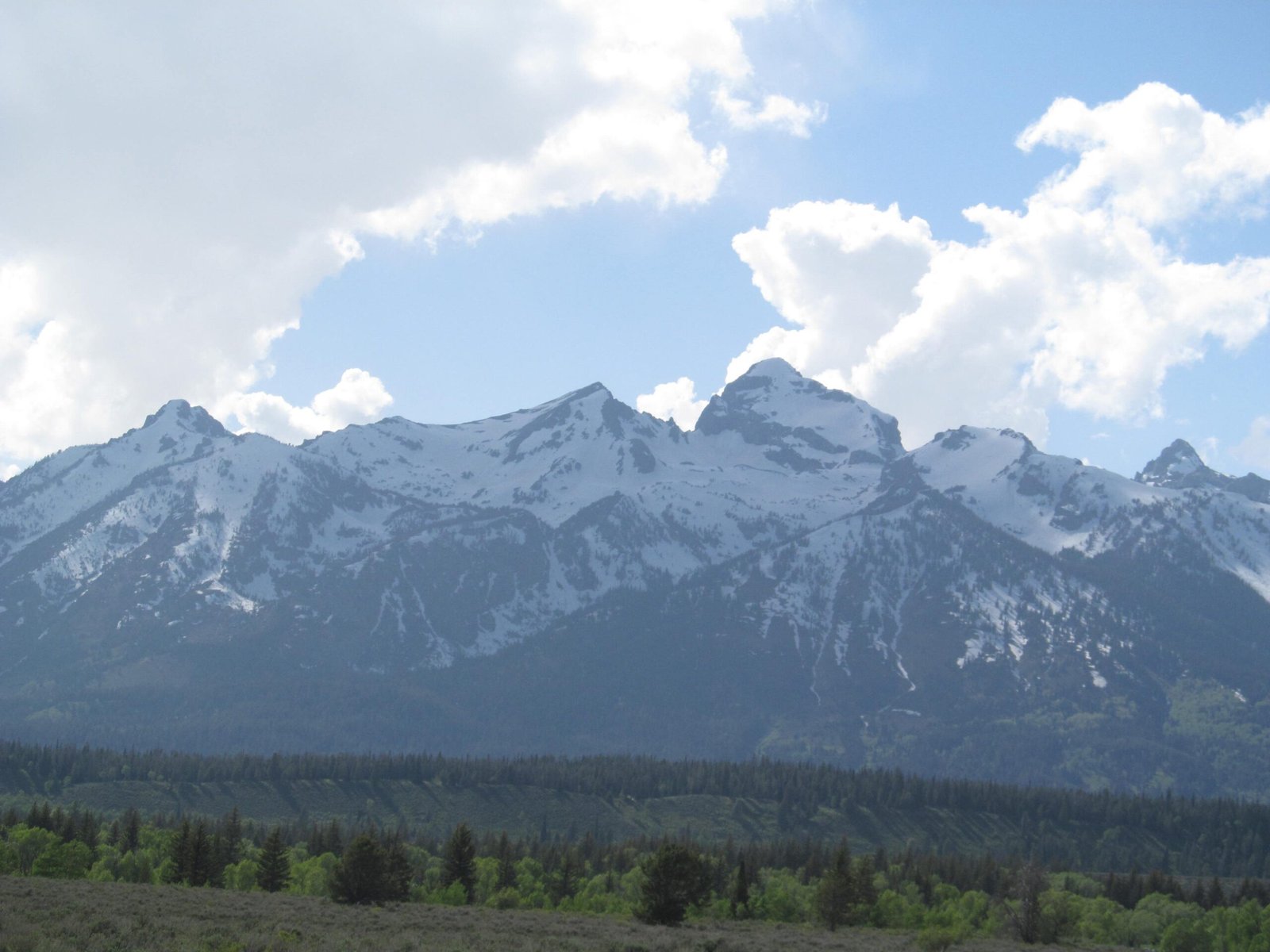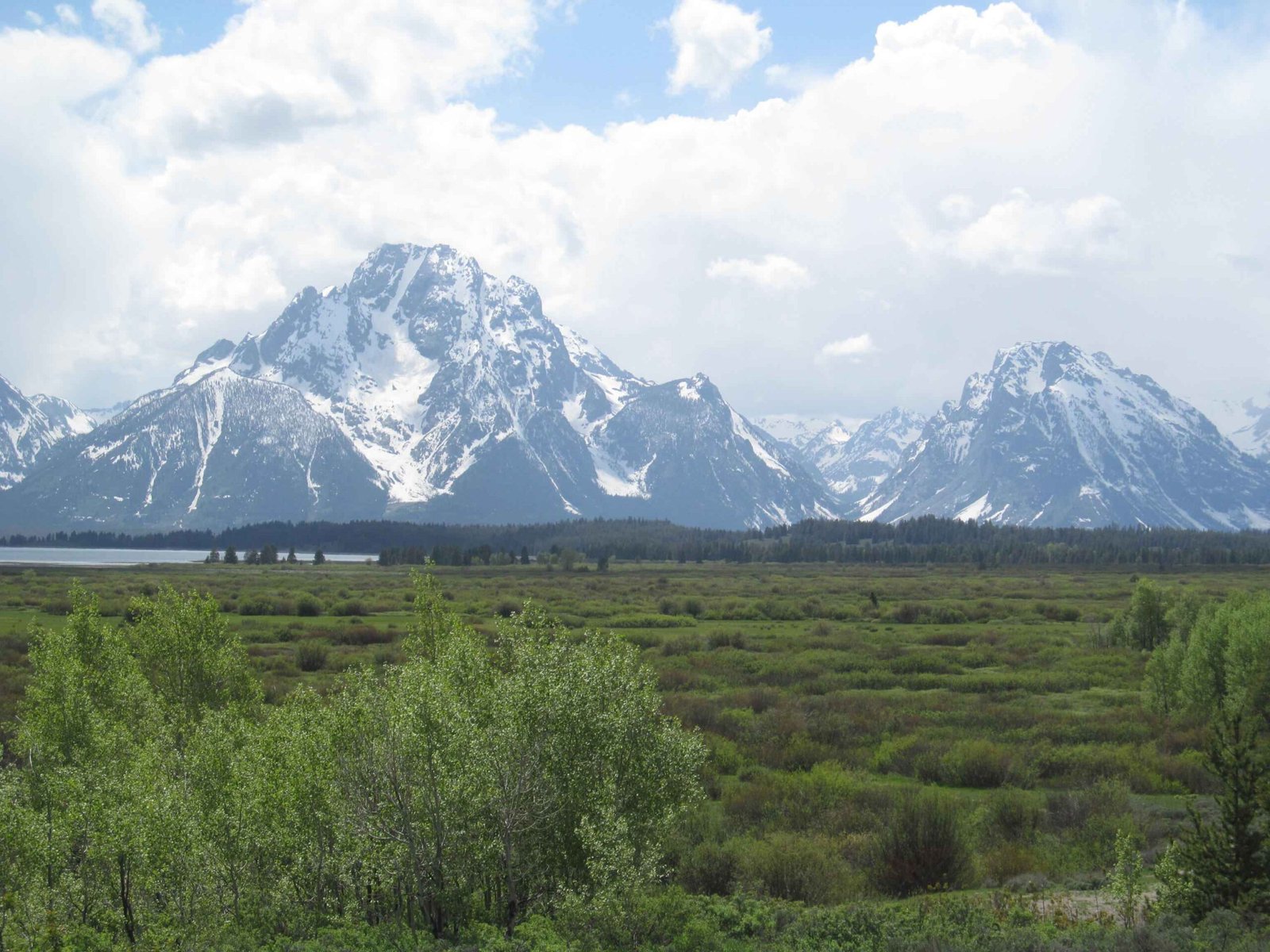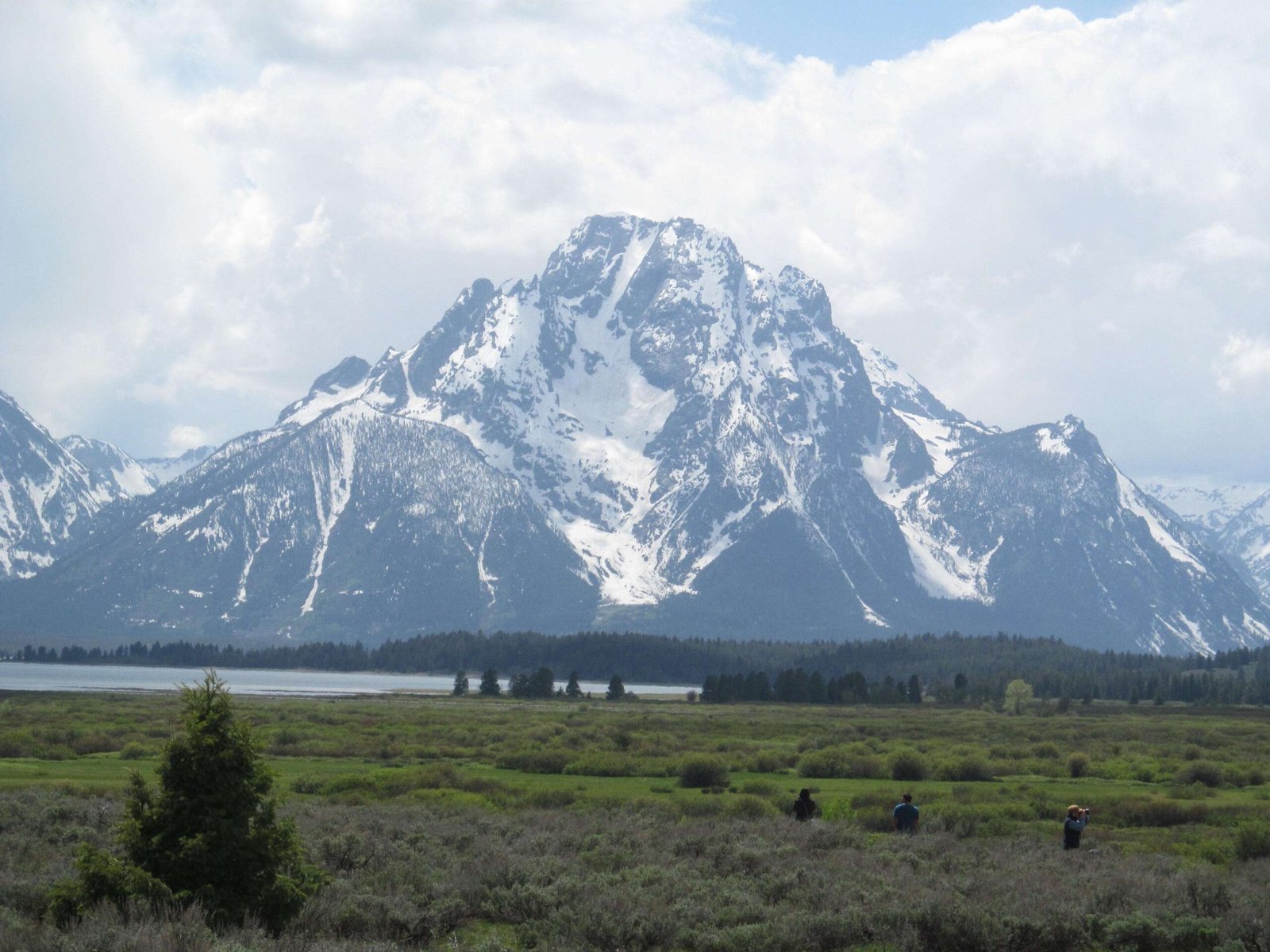Grand Teton National Park wildflower posters capture the breathtaking botanical diversity of Wyoming’s most iconic landscape. These artistic representations showcase the park’s rich floral ecosystem, featuring vibrant Indian Paintbrush, delicate Rocky Mountain Columbine, and stunning Balsamroot that transform the landscape into a living canvas of color and natural beauty.
What Makes Grand Teton National Park Wildflower Posters Unique?

Why Are Wildflower Posters Significant?
Wildflower posters serve as more than decorative art; they are educational tools that document the intricate botanical landscape of Grand Teton National Park. These visual narratives preserve the ephemeral beauty of native flora, offering viewers a glimpse into the park’s complex ecological tapestry.
Key Wildflower Species for Poster Art
| Wildflower | Color Palette | Blooming Period |
|---|---|---|
| Indian Paintbrush | Scarlet, White, Pink | Mid-June – September |
| Rocky Mountain Columbine | Blue, White | July – August |
| Balsamroot | Bright Yellow | July |
| Silky Phacelia | Purple, Blue | July – August |
How Do Artists Capture Wildflower Essence?
Artists employ various techniques to represent Grand Teton’s wildflowers:
- Botanical Illustration: Precise, detailed drawings highlighting botanical characteristics
- Photography: High-resolution images capturing flowers in natural habitats
- Watercolor Techniques: Soft, translucent representations emphasizing delicate flower structures
Where Can Wildflowers Be Found in Grand Teton?
Wildflower locations vary across different park ecosystems:
- Sagebrush Valleys:
- Balsamroot dominates
- Indian Paintbrush scattered throughout
-
Open landscape perfect for wide-angle compositions
-
Forest Floors:
- Shaded environments hosting delicate species
- Columbine and rare orchids thrive
-
Ideal for intimate, detailed artwork
-
Alpine Zones:
- High-elevation specialized flowers
- Smaller, more resilient species
- Challenging but rewarding photographic opportunities
What Technical Considerations Matter for Wildflower Posters?
Poster Design Elements
- Size Range: 11×14 to 24×36 inches
- Color Accuracy: Matching natural flower pigmentation
- Print Quality: High-resolution, archival-grade materials
- Framing Options: Complementing natural color palettes
How Can Collectors Acquire Authentic Wildflower Posters?
Recommended acquisition channels:
- National Park Visitor Centers
- Local Jackson Hole Art Galleries
- Specialized Nature Photography Websites
- Artist Collaborations with Park Services
Expert Recommendations for Wildflower Poster Enthusiasts

Professional photographers and botanists suggest:
– Seek posters created by local artists
– Prioritize scientifically accurate representations
– Consider limited edition prints
– Support artists who donate portion of proceeds to park conservation
Preservation and Educational Value
Wildflower posters contribute significantly to:
– Public ecological awareness
– Documentation of native plant species
– Conservation education
– Artistic appreciation of natural landscapes
Technical Botanical Insights
Wildflower poster creators often collaborate with botanists to ensure:
– Precise species identification
– Accurate color representation
– Contextual habitat information
– Seasonal variation documentation
Final Artistic Considerations
Creating compelling Grand Teton wildflower posters requires:
– Deep understanding of local ecology
– Advanced photographic/illustrative skills
– Passion for botanical representation
– Commitment to scientific accuracy
Reference:
– Teton Plants Wildflower Guide
– National Park Service Botanical Resources
– Wyoming Wildflower Society

